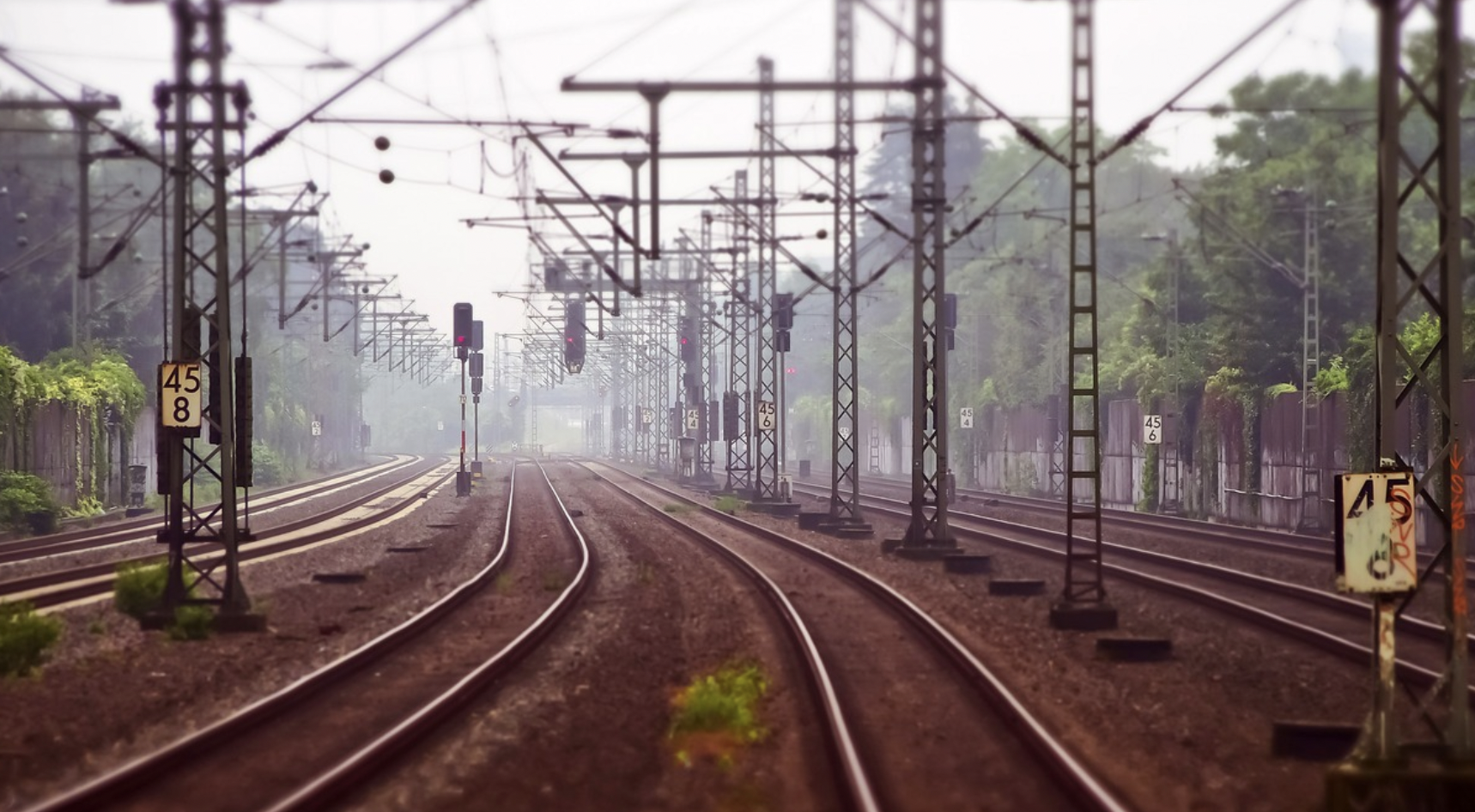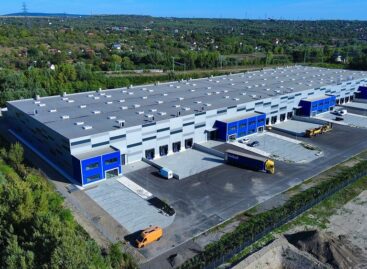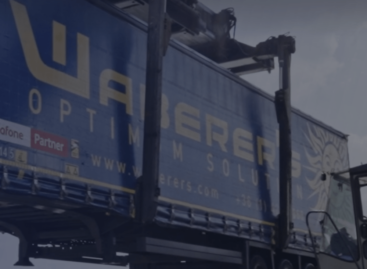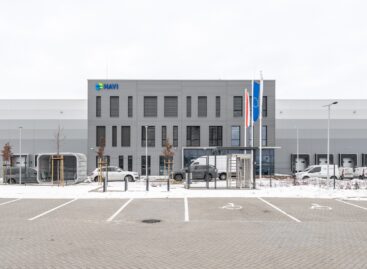Railway freight traffic increased eightfold
While less goods were transported by road and water in the first half of this year than a year earlier, the railway maintained its performance, and the volume of pipeline transport increased.

Intermodal traffic increased at the Budapest terminals
The import of Ukrainian grain had a good effect on domestic rail traffic, which was able to offset the decrease in international traffic caused by expensive traction energy. According to the summary of the Association of Hungarian Logistics Service Centers (MLSZKSZ), intermodal traffic has increased, as businesses are trying to accumulate as much stock as possible. At the same time, there is an urgent need for the further development of intermodal transport due to the shortage of drivers in the hundreds of thousands in Europe and tens of thousands in Hungary, and to reduce harmful emissions, it was said at the Eastern European Intermodal Conference in Budapest.
The rail freight transport market is changing, moving from traditional, mainly bulk goods transport to intermodal transport (combining road, rail and water transport). In Europe, every second freight train tonne-kilometer is transported in the framework of intermodal transport, said Ákos Érsek, chief advisor of the Association of European Combined Transport Companies (UIRR), in his presentation. Last year, the intermodal transport segment on the continent grew by 8 percent in terms of volume and by 11 percent in terms of ton-kilometers, a higher rate than ever before. According to his expectations, by 2050, three-quarters of rail transport will be intermodal, which requires doubling the share of rail freight.
Depending on the location of the transshipment terminals, combined intermodal transport provides 40-70 percent better energy efficiency than road transport only, and the carbon footprint is 60-90 percent lower, said Ákos Érsek.
Related news
Waberer’s will replace around 1,000 devices in its vehicle fleet this year
🎧 Hallgasd a cikket: Lejátszás Szünet Folytatás Leállítás Nyelv: Auto…
Read more >The domestic logistics market has been expanded with a unique cold storage facility: the new headquarters of HAVI Logistics have been opened
🎧 Hallgasd a cikket: Lejátszás Szünet Folytatás Leállítás Nyelv: Auto…
Read more >Related news
40 secure jobs, sustainable solutions – new BURGER KING® in Csepel
🎧 Hallgasd a cikket: Lejátszás Szünet Folytatás Leállítás Nyelv: Auto…
Read more >







